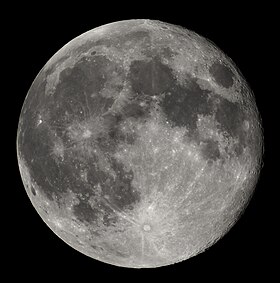Benedict Carey reports,
One of psychology’s most respected journals has agreed to publish a paper presenting what its author describes as strong evidence for extrasensory perception, the ability to sense future events.The decision may delight believers in so-called paranormal events, but it is already mortifying scientists. Advance copies of the paper, to be published this year in The Journal of Personality and Social Psychology, have circulated widely among psychological researchers in recent weeks and have generated a mixture of amusement and scorn.
– “Journal’s Paper on ESP Expected to Prompt Outrage”, New York Times (January 5, 2011)
We hear, of course, the familiar “craziness, pure craziness. I can’t believe a major journal is …”
ESP may be the victim of a sort of materialism in science that has long since functioned more as a stopper on science than a filter. Briefly, there have been many honest studies that confirm the existence of some sort of entanglement, as Mario Beauregard and I discuss in some detail in The Spiritual Brain.
ESP is a psi phenomenon, the apparent ability of some humans and perhaps animals, to consistently score above chance in controlled studies of mental influences on events. It is seen in such phenomena as extrasensory perception and psychokinesis, and is a low-level effect, to be sure, but efforts to disconfirm it have failed.
It isn’t popular.
These disturbing phenomena seem to deny all our usual scientific ideas. Unfortunately the statistical evidence, at least for telepathy, is overwhelming. It is very difficult to rearrange one’s ideas so as to fit these new facts in.—Artificial intelligence pioneer A. M. Turing, quoted in A. M. Turing, excerpt from “Computing Machinery and Intelligence,” Mind 59, no. 236 (1950), reprinted in Hofstadter and Dennett, Mind’s I, p. 66.
And it seems nothing much has changed since Turing’s (1912-1954) day.
Carey mentions an argument against study of the psi effect which was once offered against Newton’s laws of gravity: No mechanism is proposed. That’s not a very good argument when there is persistent evidence for a small effect. We still don’t have a definitive mechanism for gravity, but Newton’s laws proved outstandingly useful in subsequent decades and were accepted on that basis, mechanism or no.
Lets hope that study wins out over furore and posturing.
See also: Read More ›
